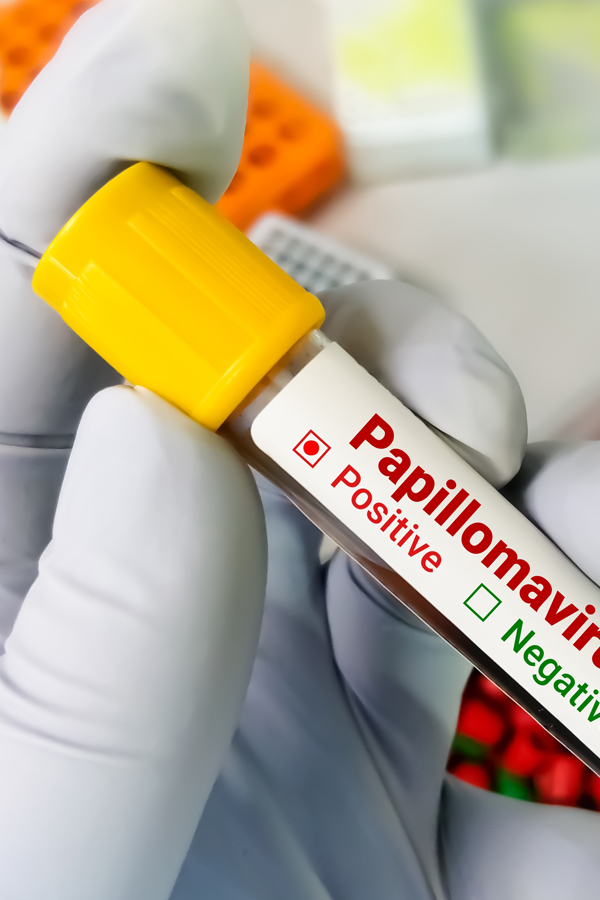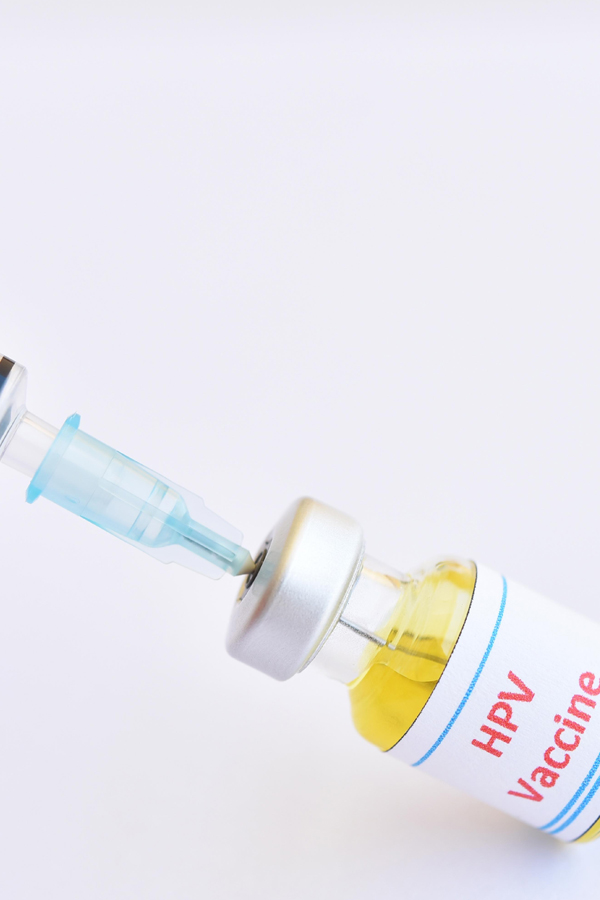Raising awareness of the papillomavirus
Awareness of HPV is essential to protect our health and that of our loved ones. By understanding the risks, symptoms and prevention methods, we can take steps to reduce the spread of this common virus. In this article, we will look at the papillomavirus and the importance of raising awareness about it.
WHAT IS PAPILLOMAVIRUS?
Papillomavirus, also known as HPV (human papillomavirus), is a group of viruses that are commonly spread through sexual contact. There are different types of papillomavirus, some of which can cause genital warts and others that are associated with an increased risk of developing certain types of cancer, such as cervical, anal, throat and penile cancers.
SYMPTOMS AND RISKS
Symptoms of papillomavirus can vary, but often include genital warts, abnormal lesions and changes in the cells of certain parts of the body. It is important to note that many people infected with HPV have no symptoms, making awareness and prevention all the more important.
HPV is mainly spread through sexual contact, but it can also be spread through skin contact. People with multiple sexual partners, unprotected sex and a weakened immune system are more likely to contract the virus and develop related health problems.


PREVENTION METHODS
Prevention of papillomavirus is based on measures such as practicing safe sex and regular condom use.
It is also important to have regular check-ups and to consult a doctor for gynaecological examinations or screening tests.
THE IMPORTANCE OF VACCINATION
Vaccination against papillomavirus is an important measure to prevent infection and reduce the risk of developing associated diseases. Papillomavirus vaccines are effective and can protect against several types of the virus.
Although there are concerns and misconceptions about vaccination, the benefits far outweigh the potential risks. It is recommended that vaccination should begin in adolescence or early adulthood, but it is never too late to be vaccinated.
RECENT RESEARCH AND DEVELOPMENTS
Research into papillomavirus is constantly evolving, with promising new developments in diagnosis, treatment and prevention.
Scientific advances are helping to improve our understanding of the virus and to develop new ways to detect, treat and prevent infection.
CONCLUSION
Awareness of HPV is essential to protect our health and that of future generations.
By understanding the risks, symptoms and prevention methods, we can take steps to reduce the spread of this common virus.
Let’s prioritise education, prevention and vaccination for a healthier and safer future.


